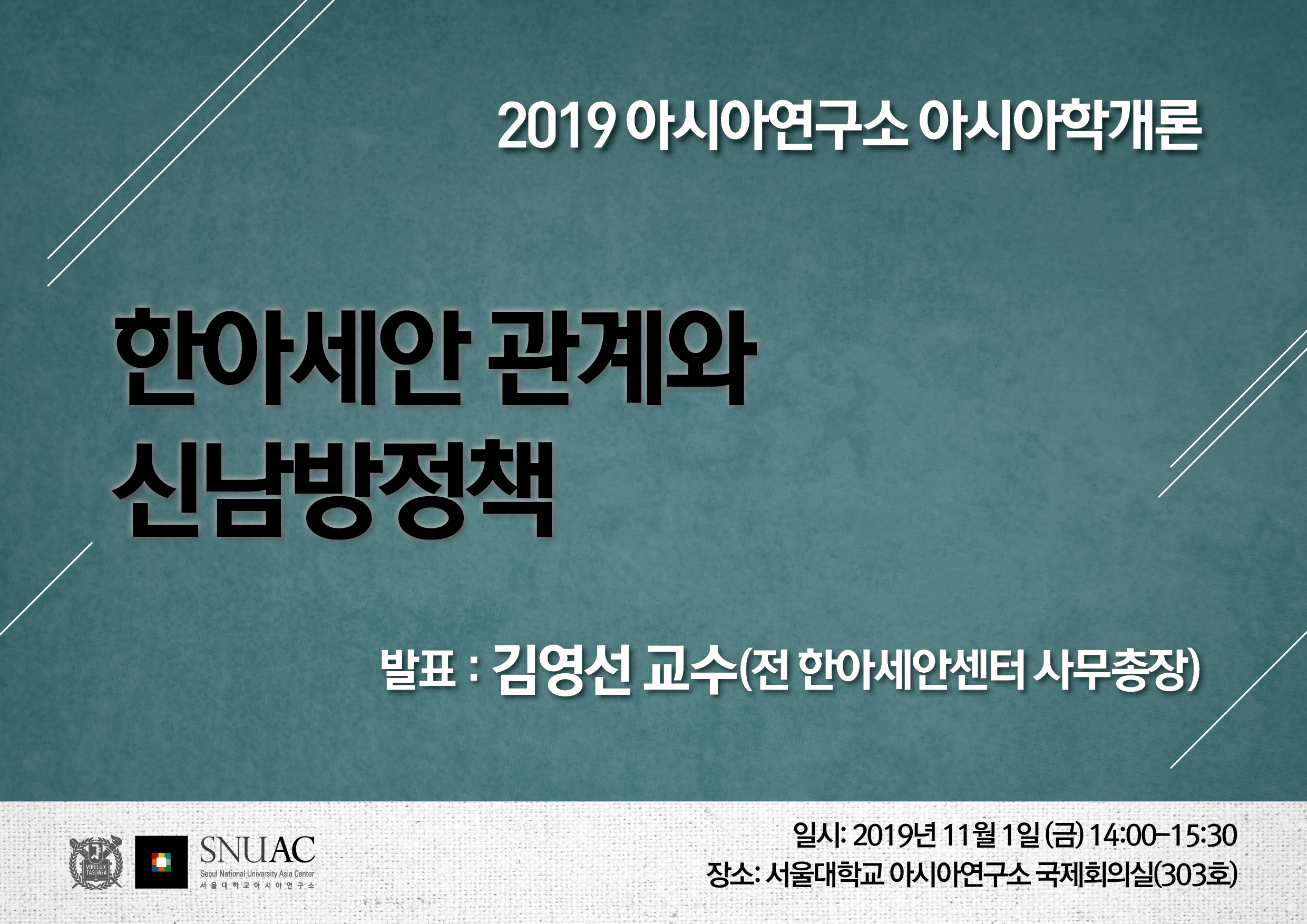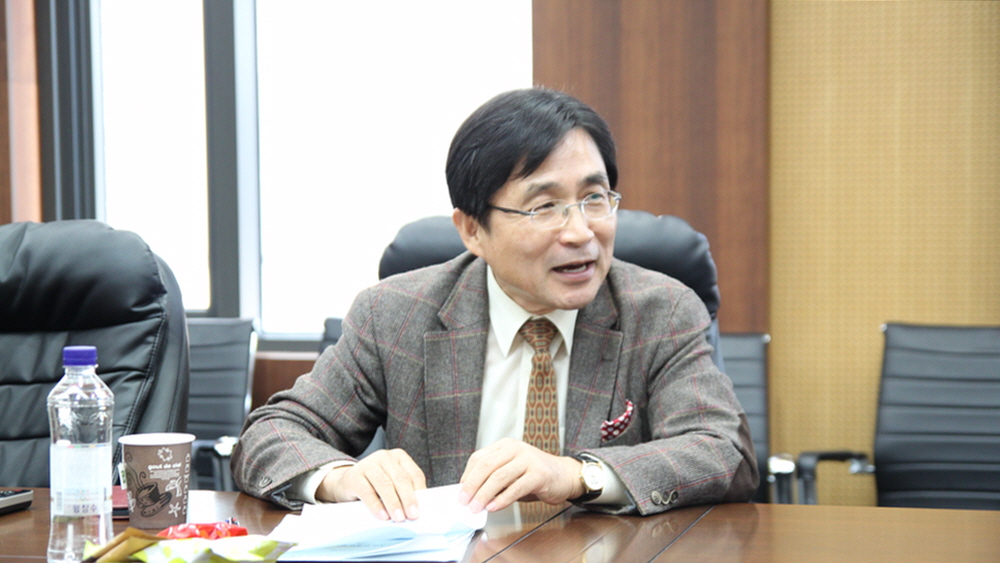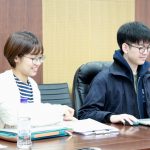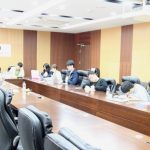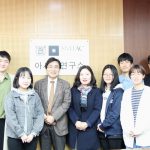Korea-ASEAN Relationship and the New Southern Policy
- Date: November 1st, Friday, 2019 14:00-15:30
- Location: Room 303, SNUAC (Bldg. 101)
Speaker: Professor Kim Young-Sun (Former Secretary-General of the ASEAN-Korea Centre)
On November 1st, there was a lecture on Asia studies by Professor Kim Young-Sun (Former Secretary-General of the ASEAN-Korea Centre) focusing on ‘Korea-ASEAN Relationship and the New Southern Policy’ at SNUAC.
Prof. Kim is currently an honorary researcher at SNUAC and writes a column on ASEAN on the opinion page of The Korea Economic Daily. He graduated from Seoul National University majoring in political science and started working at the Ministry of Foreign Affairs in 1977 as the 11th cohort of the Foreign Service Examination. He served as a counselor at embassies in Israel, Egypt, and Japan, and as an ambassador in Lebanon and Indonesia, a minister in Japan, a special adviser to the minister of foreign affairs, the spokesperson for the Ministry of Foreign Affairs, and the Secretary-General of the ASEAN-Korea Centre.
The lecture was largely divided into 4 topics: first, ASEAN and Southeast Asia; second, the ASEAN community; third, the New Southern Policy; and fourth, related issues.
He explained the background of Korea-ASEAN special summit held in Busan in late November in commemoration of the 30th anniversary of ties between Korea and ASEAN, and elaborated on the Korea-Mekong summit with five countries around the Mekong river (Thailand, Cambodia, Laos, Myanmar, Vietnam). Since 2011, there have been annual conferences with ministers of foreign affairs of the Mekong countries, and it has been elevated as a summit this year. Korea is the third to hold a summit with the Mekong countries after Japan and China, and he mentioned that Korea’s New Southern Policy is strengthening the ties with ASEAN in pursuit of diplomatic diversification. He presented data to explain that Mekong countries are a land of opportunity with a large possibility of development as shown by their dynamic annual economic growth of 6%.
After the lecture, Sehyun Kim (SNUAC 12th Cohort Research Intern, SNU) said, “I was able to think about the historical context that ASEAN’s core value, integration in diversity, was originated and how it developed in the modern times, and especially thought that such a value could be considered as a reference point for contemporary Korea in its various situations.” Also, Kyu-lin Cho (SNUAC 12th Cohort Research Intern, HUFS) said, “I could understand that ‘integration in diversity’ is crucial to understand ASEAN in general,” and added “I intend to study more deeply about ASEAN countries in relation to the issues to be discussed at the Korea-ASEAN special summit this November.”
Review & photos by DooWon Chang (Academic Reporter)

